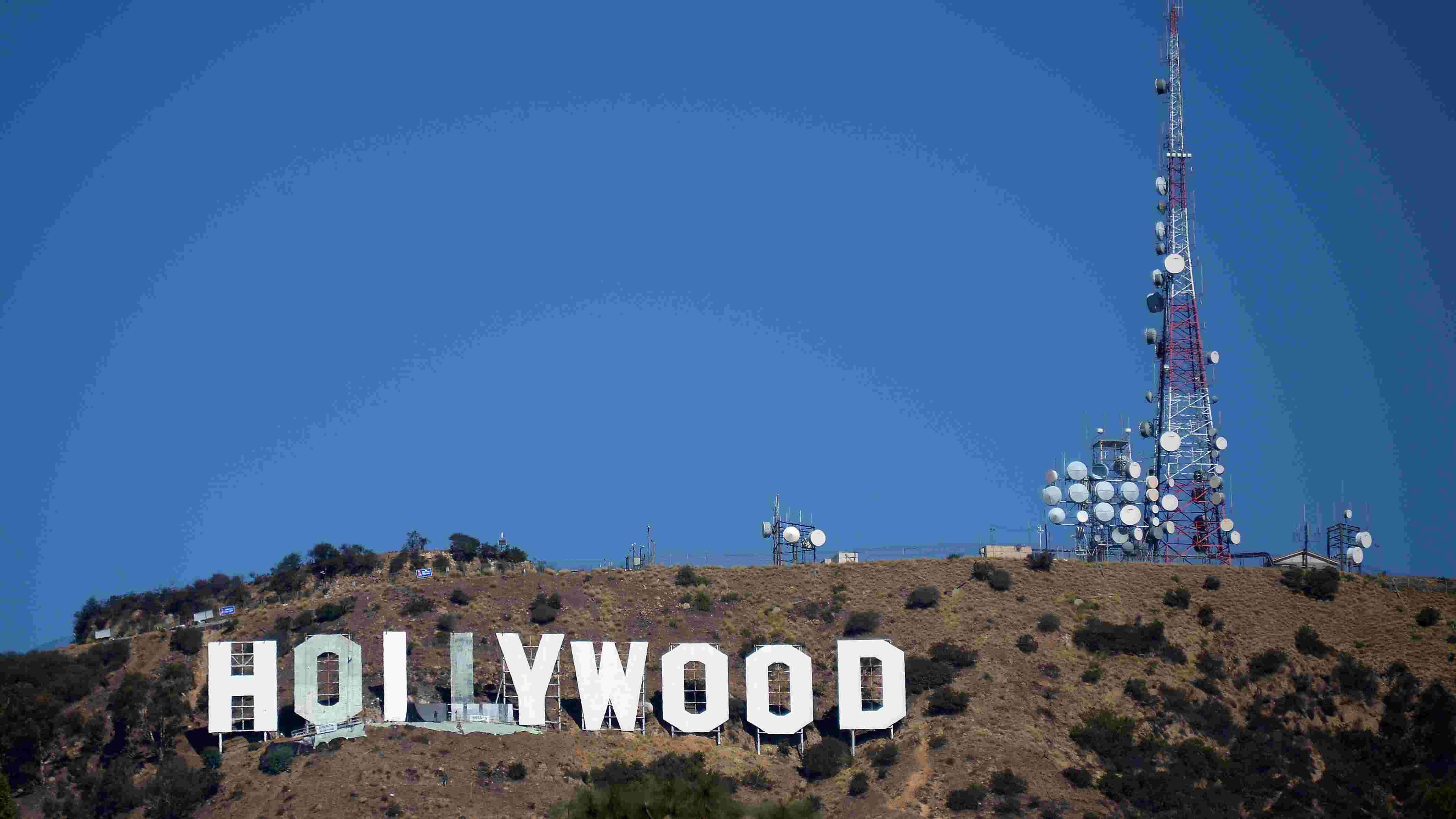
Culture
15:42, 22-Aug-2017
That's a wrap! Hollywood's love affair with China could be ending
Ty Lawson

China may no longer have a starring role in Hollywood.
The State Council has announced plans to limit domestic companies' investments abroad in entertainment, sports, property and other fields, following a string of multibillion-dollar acquisitions, citing concerns that companies involved may be taking on too much debt.

In a document released on Friday, overseas investments in areas such as cinemas and hotels will also be limited. It also bans outright investments in enterprises related to gambling and the sex industry.
At the same time, it encourages companies to plow money into projects related to the Belt and Road Initiative, President Xi Jinping's signature foreign policy project that seeks to link China with other parts of Asia and Eastern Europe through multibillion-dollar investments in ports, highways, railways, power plants and other infrastructure.
While new acquisitions and investments are now out, agreements and relationships established before the government's crackdown are still valid.
With this new reality unfolding for both the Chinese and US entertainment industries, their love affair could be over.
According to Forbes magazine, during the last decade, Chinese investment in Hollywood peaked at over 6 billion US dollars but slowed dramatically this year.
China's role in Hollywood
Hollywood's love affair with China was a complicated relationship that stretched beyond the earnings from the world's second largest box office.
China influenced the kind of films Hollywood made and pleasing Chinese audiences is now part of the Hollywood formula.
In 2015's The Martian, a Chinese space agency unexpectedly saves the day. Transformers 4 - which shattered Chinese box-office records with 320 million US dollars was partly set in Hong Kong and featured Chinese product placement.
Rogue One: A Star Wars Story features two Chinese actors, director-actor Jiang Wen and Hong Kong martial artist Donnie Yen.
Plus a number of Hollywood blockbusters have been made either wholly or partly in China.
Hollywood films 'Made In China'
The Great Wall
Iron Man 2, 3
Fast & Furious 7
Looper
The Martian
Skyfall
The Karate Kid
The X Factor
China's influence in Hollywood stretches beyond an onscreen presence. Huayi Brothers provided equity and slate financing for STX Entertainment in 2015.
In January Reuters reported that two Chinese film companies, Shanghai Film Group (SFG) and Huahua Media, was investing 1 billion US dollars in Paramount Pictures to help the US studio expand.
As part of the agreement, SFG and Huahua Media will finance a combined 25 percent of all of Paramount's films for the next three years, with the option to extend to a fourth year, Reuters reported.

Hollywood studios such as Warner Bros, Walt Disney Co, Dreamworks and Lionsgate have all made tie-ups with Chinese firms to fund productions or help boost their presence in China's fast-growing film market.
Last year, Chinese real estate conglomerate Dalian Wanda Group spent 3.5 billion US dollars to buy a controlling stake in US film studio Legendary Entertainment, while Paramount worked with Alibaba Pictures Group Ltd in 2015 to promote "Mission: Impossible - Rogue Nation" in China.
Beijing-based real estate conglomerate Dalian Wanda Group now owns the largest movie exhibitor in the US after buying AMC and then the Carmike chain.
Chinese investments in Hollywood
Xinke New Materials acquires 80 percent of the parent company of Voltage Pictures
Alibaba Pictures invests in Stephen Spielberg’s Amblin Partners
Tang Media acquires majority stake in IM Global
Wanda invests 1 billion US dollars in Dick Clark Productions
Wanda invests 3.5 billion US dollars to buy Legendary Entertainment
Wanda owns largest US theater chain
Movies with Chinese investment
Mission: Impossible – Rogue Nation in 2014
Teenage Mutant Ninja Turtles: Out Of The Shadows
Star Trek Beyond
Jack Reacher: Never Go Back
Allied

Hollywood Coming to China
In July, the US blocked the 419 million US dollar joint venture between Harry Sloan and Jeff Sagansky’s Global Eagle Entertainment and China’s HNA conglomerate.
The US government’s Committee on Foreign Investment in the US cited technology security grounds – strategic mistrust – for blocking the deal.
Regardless, Hollywood is hoping one way or another to secure a role in China's booming entertainment industry. That process is underway through ventures such as Village Roadshow Production Asia, an offshoot of Australian and Hollywood investor Village Roadshow.
The Beijing-based company initially took a low-risk approach in boarding half a dozen Chinese indie projects, but in June, it stepped up its game by merging with Perfect World’s China business to form Perfect Village Entertainment.
Source(s): Reuters

SITEMAP
Copyright © 2018 CGTN. Beijing ICP prepared NO.16065310-3
Copyright © 2018 CGTN. Beijing ICP prepared NO.16065310-3